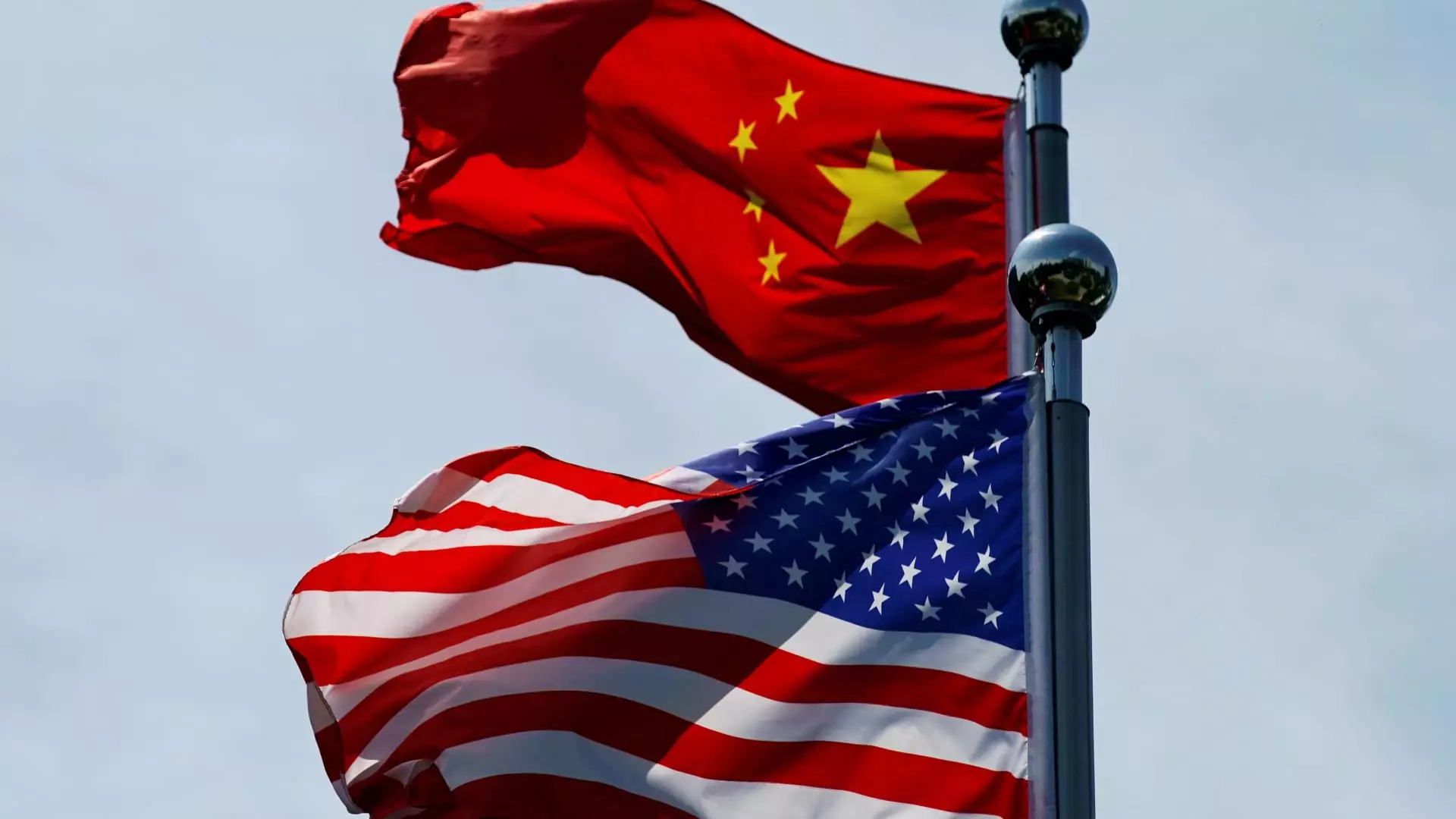In the labyrinth of global trade, rare earth elements (REE) stand as pivotal players, underpinning the manufacturing of everything from smartphones to electric vehicles. However, a recent surge in China’s export restrictions threatens to plunge the international market into chaos. This situation calls for a critical examination of the socio-economic implications of China’s firm grip on these essential minerals and its potentially destabilizing effects on global industries.
The strategic importance of rare earths cannot be overstated. These minerals, including neodymium and dysprosium, are fundamental to producing modern technology and are especially crucial for the transition to green energy. Unfortunately, as the world’s leading supplier, China has opted for a more aggressive protective stance, stirring anxiety among nations that depend heavily on these imports. Businesses are beginning to feel the heat, with many warning that production halts may occur this summer. What happens when a nation places its geopolitical interests above the global economy?
China’s Strategic Maneuvering
China’s recent decision to impose stricter export controls on rare earth elements is a clear statement of intent in the ongoing economic rivalry with the U.S. and allied nations. These controls, announced shortly after a high-profile call between U.S. President Trump and Chinese President Xi Jinping, were met with disbelief in Washington. The expectation was that trade tensions would ease, but the tightening of REE exports instead signified that neither nation is ready to compromise.
Economic analysts are parsing China’s motivations. While the government insists it is merely maintaining standard practices in regulating exports, the timing and the specific focus on rare earths suggest more than a coincidence. As countries around the world ramp up their technological capabilities for military and industrial purposes, China’s role as the dominant supplier becomes a potent tool for enhancing its bargaining power.
This strategy, however, demonstrates a shortsightedness that could backfire. By curtailing exports, China risks undermining trust with its trading partners and alienating countries reliant on these materials. In an interconnected world, trade wars—driven by mistrust—might seem like a viable tactic, but they often yield broader economic disruptions that affect everyone involved.
The Economic Consequences
The ramifications of these supply chain disruptions are mathematical equations that cannot be ignored. A staggering 75% of businesses reporting that their rare earth supplies would run out in three months speaks to an impending crisis. This stress is not limited to the tech industry; automotive firms, such as Suzuki, are already suspending production in response to these export controls.
The stakes are undeniably high. A failure to secure the needed quantities of rare earths could stall production lines and cripple a range of industries. The ripple effects mean not only immediate losses for companies but also longer-term impacts on job security and innovation in various sectors, leading to a vicious cycle of economic downturns.
Furthermore, the restrictions have extended their shadow beyond American borders. European companies are struggling with the cumbersome export license approval process, exacerbating their production challenges. The situation is a clarion call for Europe and other nations to reassess their dependencies on a singular supplier. A multi-dimensional approach to sourcing critical minerals is essential for safeguarding against future disruptions.
A Call for Cooperation
Amid these rising tensions, the solution lies not in retaliatory actions but in dialogue and strategic cooperation. Countries have much to learn from one another in developing frameworks for the equitable sharing of resources. Instead of playing a zero-sum game, there’s an opportunity for collaboration in mining and recycling initiatives that could benefit all parties involved.
The economic landscape has changed; nations can no longer afford to remain passive. Incentives must be created for sustainable exploration and production of rare earths outside of China. Australia, India, and even the United States hold significant deposits of these critical minerals. The task ahead involves bolstering domestic capabilities and diversifying imports while advocating for transparent trading practices.
One might argue that rare earths encapsulate the essence of modern geopolitics—a mix of economic power, environmental responsibility, and technological prowess. Recognizing this dynamic is imperative for world leaders as they navigate the treacherous waters of global trade.
The rare earth export crisis is more than a fleeting occurrence; it is a perplexing symptom of a much larger issue—an increasingly fragmented world where collaboration is key to overcoming the common challenges that threaten international stability and economic prosperity.

